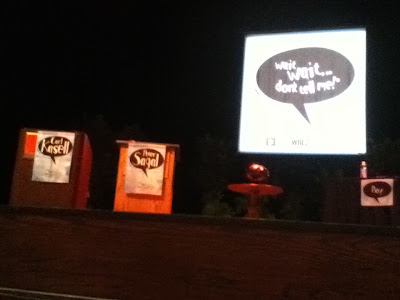I wake sometimes before my alarm and lay in bed. This time of year the mornings are cold and the day warms gently. We sleep with the windows open. I lay there with cold bedsheets on all sides and the pungent smell of wet grass hanging in the air. I stare at the ceiling and listen to the harsh, clattering noise from the birds outside. The squawks and calls drown out any street traffic.
The noise is deliberate. A complicated language. One I don't speak. I like to lay in bed just to listen. Each conversation with its distinct tones. I'll venture a guess occasionally that they're cooing over babies, arguing over position, or just moaning with loneliness out there.
My niece spoke bullfrog once. She was an infant, swaddled in her parent's arms, on the dock outside their cabin. The tall grass along the lake shore full of croaking bullfrogs. She heard the bullfrog conversation taking place and didn't hesitate before joining in. Her parents tuned their ears to the shoreline and followed suit.
I woke up this morning before the alarm and I fell in love with this peculiar, and expansive world. The complicated way we reach out to each other, the ways express ourselves. Even the empty spaces, the quiet morning, filled with chatter of one sort or another. A noisy, sometimes harsh, conversation about our living.




